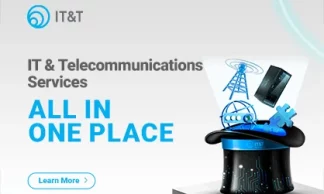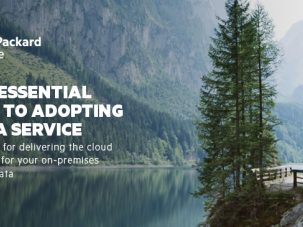Microsoft and LinkedIn have announced several new features and product innovations to help companies transition to hybrid work as organizations navigate the challenges and opportunities of hybrid work such as meetings to a complete digital employee experience that everyone can access from anywhere – right in the flow of their work.
The new ways with which work can be done remotely in business organizations in the face of the prolonged presence of the COVID-19 pandemic.
Announcements included Microsoft’s plan to make LinkedIn’s skill-building platform Learning Hub generally available in two weeks. The company has also made nearly 40 LinkedIn Learning courses free until Nov. 9, according to a statement.
Actually, talent is everywhere in a hybrid work world as the shift to remote work has significantly widened the talent marketplace. Remote job adverts on LinkedIn increased more than five times, over the last year. People no longer have to leave their house or community to advance their career, and it will have profound impacts on the talent landscape.
Employers and employees have an opportunity to build new relationships grounded in shared values and a common mission. And more people will be doing work that best matches their skills and needs, leading to greater success for organizations that engage their employees with empathy and trust. A report based on data from Microsoft’s employees shows that while hybrid work is complex, embracing flexibility, different work styles and a culture of trust can help us all navigate it successfully.
According to the report, 58% of employees who plan to spend the most and least time in the office plan to do so for the same reason: focused work. Managers plan to spend a higher share of their time in-office than non-managerial employees, at 45% vs. 39%, the research shows. According to the survey, 81% of leaders have already or are planning to offer employees greater flexibility, reflecting what employees want: 87% prefer to stay remote at least half of the time.
That benefit appears to be work flexibility for employees, which Microsoft is touting for its organization, as well as for others. Microsoft's Work Trend Index reports aren't just intended for internal Microsoft consumption but are offered as ideas for other organizations coping with the same remote-work issues. Microsoft is sharing its roadmap for more Teams features that it is planning for the coming months and announcing 36 LinkedIn courses that it temporarily is making free -- all in the name of trying to make the hybrid-work experience better.
LinkedIn is also launching its new skill-building platform, LinkedIn Learning Hub, to help employers identify and promote personalized content for their employees. However, hybrid working is set to become a permanent feature of many workplaces around the world and Microsoft and LinkedIn’s latest data highlights the challenges that are coming down the line for employers.
Other companies like Google and Amazon announced their own plans for a return to the office earlier this year, which was met with some hostility from their employees. Tech companies across the board have since said they are more open to remote work flexibility.





